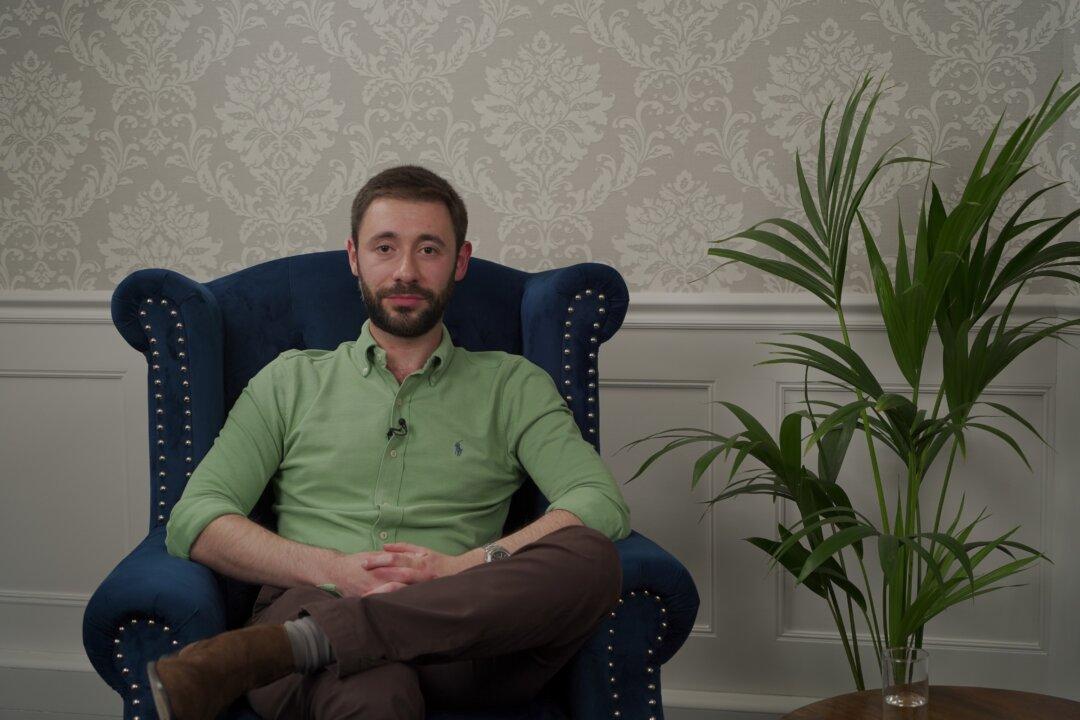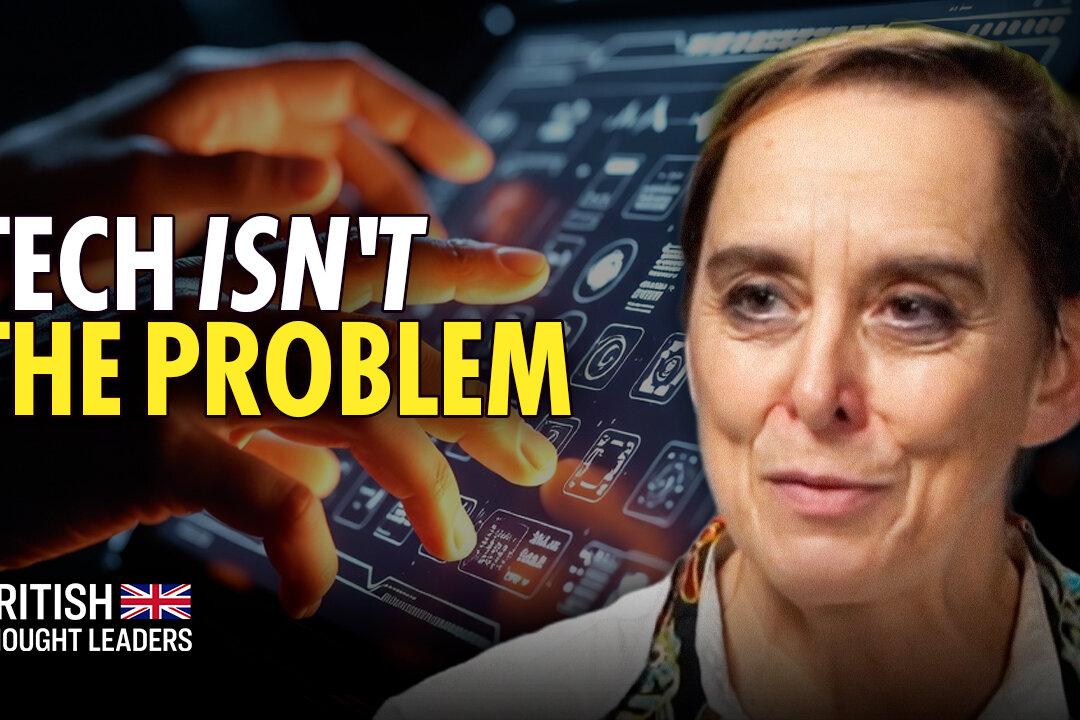Experimental transgender medication and surgeries are causing “irreversible harm” to children, a British writer has warned.
James Esses, a commentator and co-founder of Thoughtful Therapists, said the impact of such interventions on children’s wellbeing are “immeasurable.”






